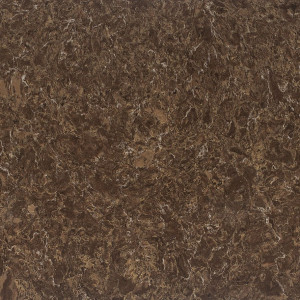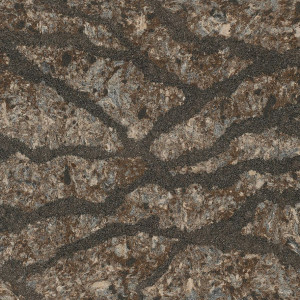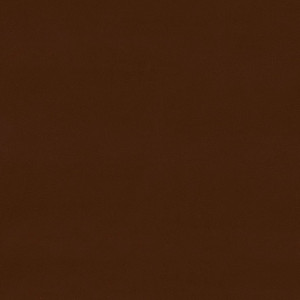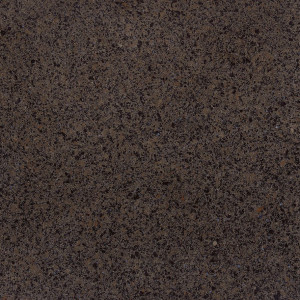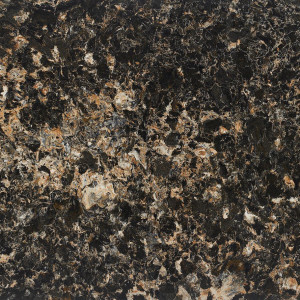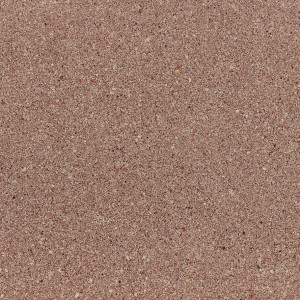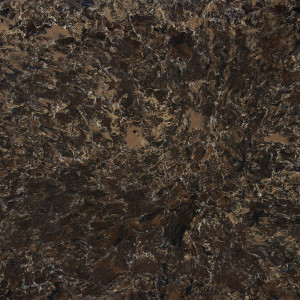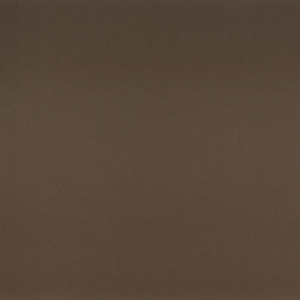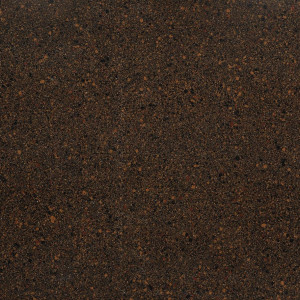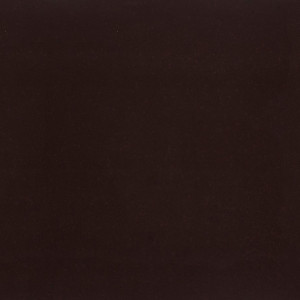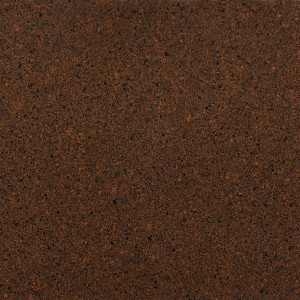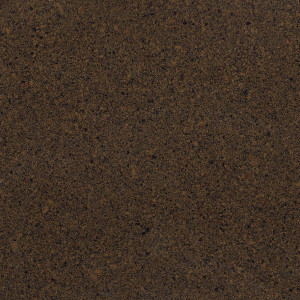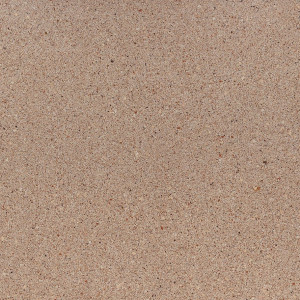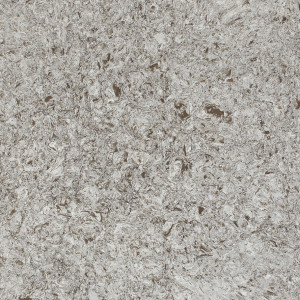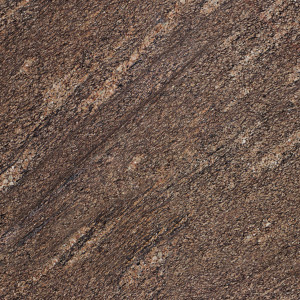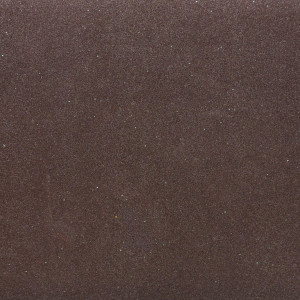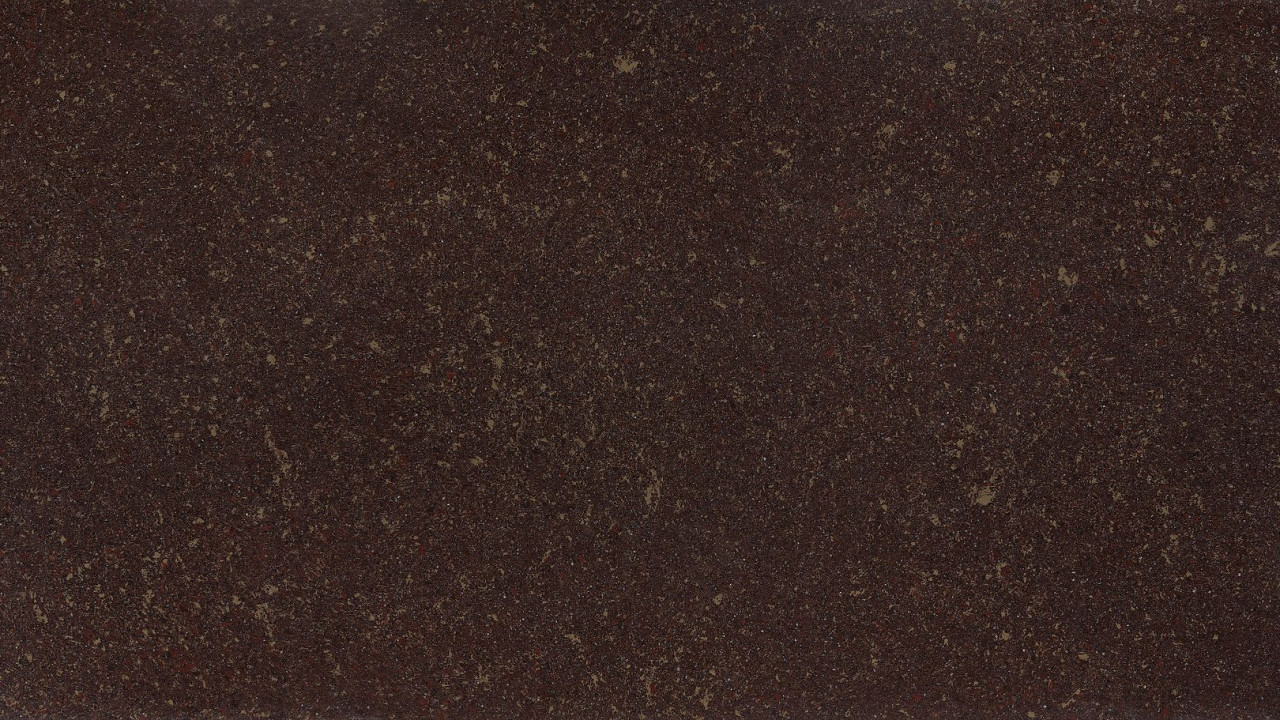
Hamilton Quartz
Hamilton, named after the East Midland region of England, is a quartz surface that is made up of dark brown palettes with a hinge of red colors. The Hamilton is spotted with dark beige speckles. A surface with amplified appearances of smaller red flecks, the Hamilton juxtaposes the look between the slightly larger spotting with the other spots.
The whole surface is typically used for homeowners that want a centerpiece that ties together creativity and imagination. Although the palettes work with rustic design elements, there are many accent pieces that work in tandem with the Hamilton. This quartz is timeless due to the characteristics that will remind you of Roman-inspired roads and the architecture of imperial layouts. Hamilton is especially useful for homeowners that have to frequently use the space that the Hamilton is added into. The Hamilton can be added into offices as reception desks and into bathrooms as vanity desks. Murky by design, the quartz surface aesthetically matches home decors that convey a periodic theme. Through the Hamilton, homeowners can include installations like clay or terracotta-inspired backsplashes. With the Hamilton, you can design and arrange design elements that can motivate a sense of extravagance and depth.
Material Type: Quartz
Country of origin: Other
Colors: Red, White, Beige, Brown
- 1. Do quartz countertops need to be sealed?
- Quartz is a non-porous material and therefore it does not need to be sealed.
- 2. Is quartz heat resistant?
- While quartz countertops can withstand some heat, it is always recommended to use trivets when placing hot objects on quartz countertops.
- 3. Can I cut on a quartz countertop?
- Quartz is scratch resistant, however it is always recommended to use a cutting board when cutting on the countertops.
- 4. Is quartz stain resistant?
- Yes, unlike natural stone, quartz is resistant to most common types of stains.
- 5. Where can I install quartz?
- Quartz can be installed on most surfaces around the home, including kitchen countertops, backsplashes, vanity tops and more.
- 1. Do you provide free samples? How many samples can I take?
- At marble.com samples are free, and we encourage our clients to take up to ten samples per visit.
- 2. What materials can I find at your facilities?
- All Marble.com facilities carry slabs of granite, quartz, quartzite, marble, soapstone, slate, limestone, and travertine. Our Ridgefield Park yard has the largest selection, also offering slabs of gemstone, porcelain, and glass.
- 3. Why should I see a slab in person?
- Since every slab of natural stone is completely unique, we recommend visiting one of our facilities to see slab patterns and variations in person.
- 4. Where does your material come from?
- At marble.com we source our stone only from the most reputable quarries from around the globe, including those from Italy, Spain, Brazil, and India.
- 5. Why is some stone more expensive than others?
- Stone slabs that are extremely rare and boast unique colors tend to be more expensive than commonly found stone.
- 6. Do I have to seal natural stone?
- We do recommend sealing natural stone countertops periodically, the frequency of sealing the stone depends on the material.
- 7. What is a honed finish?
- A honed stone finish refers to the smooth, matte surface of the material, which creates a visibly lighter and softer tone. While honed finish might be an ideal design choice for some homeowners, it also makes the stone more susceptible to staining and etching.
- 8. Can a chip on my countertop be repaired?
- Most chips, smaller than a dime in diameter, can be repaired by the homeowner using a chip repair kit. We do recommend professional service care for larger chips.
- 9. Can I install my own countertops?
- We recommend professional installation, completed by our trained technicians for all major projects, however some smaller pieces may be installed by the customers.




 Facebook
Facebook
 Twitter
Twitter
 E-mail
E-mail
 LinkedIn
LinkedIn
 Pinterest
Pinterest
